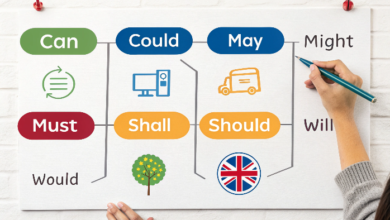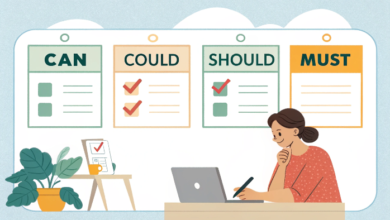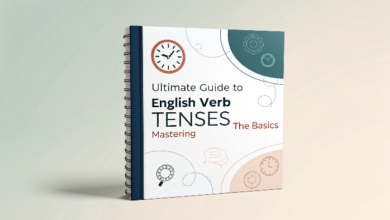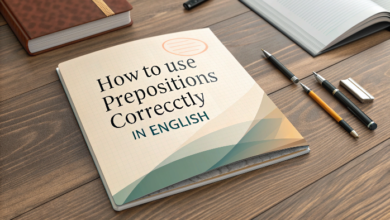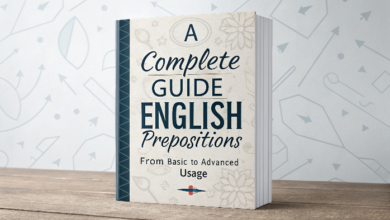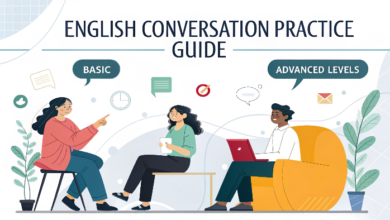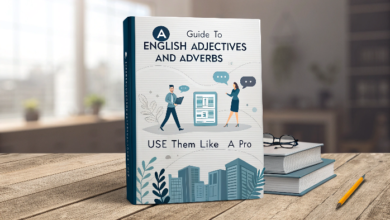English Modal Verbs: Can, Could, May, Might, Must, Should
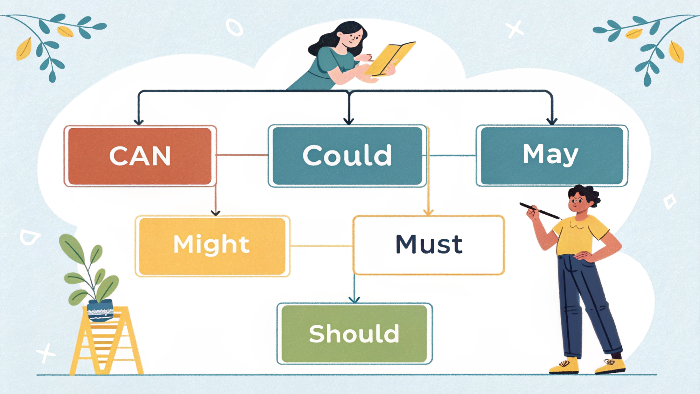
English Modal Verbs: Can, Could, May, Might, Must, Should
Modal verbs are an essential part of English grammar. They help express various meanings, such as ability, possibility, permission, necessity, and advice.
The most commonly used modal verbs include can, could, may, might, must, and should. In this article, we’ll explore how to use these modal verbs correctly to enhance your communication skills.
What Are Modal Verbs?
Modal verbs are auxiliary verbs that provide additional meaning to the main verb in a sentence. Unlike regular verbs, modal verbs do not change according to the subject. They are followed by the base form of the main verb (without “to”).
For example:
She can swim.
He must leave now.
You should study for the exam.
Can: Expressing Ability and Permission
Can is used to express ability or to ask for and give permission.
Ability: “I can speak three languages.”
Permission: “Can I borrow your book?”
Offers: “Can I help you with your homework?”
Could: Expressing Past Ability, Politeness, and Possibility
Could is the past form of can. It is used to talk about past abilities or to make polite requests and suggestions.
Past Ability: “When I was younger, I could run fast.”
Polite Requests: “Could you please pass me the salt?”
Possibility: “It could rain tomorrow.”
May: Asking for Permission and Expressing Possibility
May is often used to ask for permission or to express a polite request. It can also express a possibility in formal contexts.
Permission: “May I leave early today?”
Possibility: “We may go to the beach if it’s sunny.”
Suggestions: “You may want to consider another option.”
Might: Expressing Slight Possibility
Might is used to express a lower probability than may. It suggests that something is possible but not certain.
Possibility: “I might go to the party, but I’m not sure.”
Suggestion: “You might want to try asking her for help.”
Must: Expressing Necessity, Obligation, and Strong Certainty
Must is used to express a strong necessity, obligation, or a high level of certainty.
Necessity: “You must wear a helmet when riding a bike.”
Obligation: “I must finish my work before I go out.”
Certainty: “It must be her, I recognized her voice.”
For more, go to the next page

